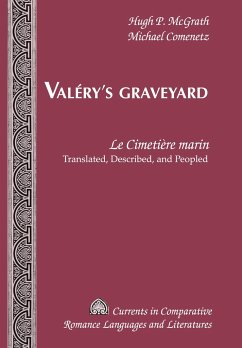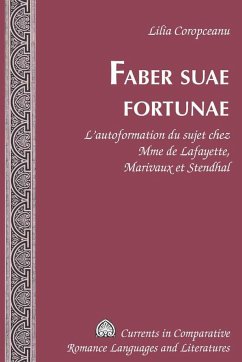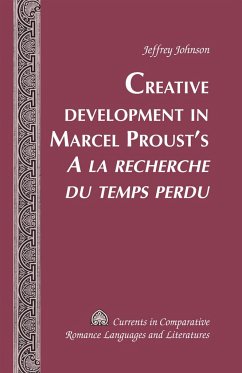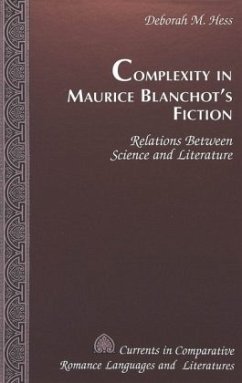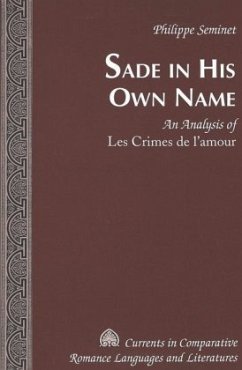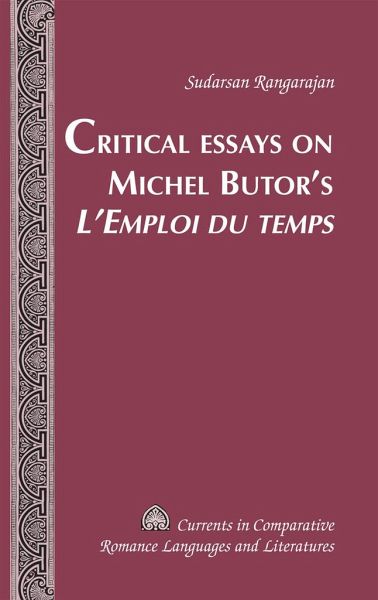
Critical Essays on Michel Butor's 'L'Emploi du temps'

PAYBACK Punkte
0 °P sammeln!
Michel Butor, one of the earliest exponents of the French New Novel, is known for experimenting with narrative voice (the second-person narration in La Modification), focalization (the changes in narrative perspective in Degrés), and the treatment of genres (L'Emploi du temps). L'Emploi du temps (1956) is a quintessential nouveau roman for it is about a novel within a novel. In Critical Essays on Michel Butor's L'Emploi du temps, Sudarsan Rangarajan examines the different aspects of the novel from a postmodern perspective. Engaging contemporary theorists - Sartre, Foucault, de Man, and Prince...
Michel Butor, one of the earliest exponents of the French New Novel, is known for experimenting with narrative voice (the second-person narration in La Modification), focalization (the changes in narrative perspective in Degrés), and the treatment of genres (L'Emploi du temps).
L'Emploi du temps (1956) is a quintessential nouveau roman for it is about a novel within a novel. In Critical Essays on Michel Butor's L'Emploi du temps, Sudarsan Rangarajan examines the different aspects of the novel from a postmodern perspective. Engaging contemporary theorists - Sartre, Foucault, de Man, and Prince among others - the essays encompass diverse areas: narratology, rhetoric, genre studies, existentialism, and postcolonialism. From the analysis of the beginnings and the function of narratees to the study of rhetoric, the journalistic discourse, the hybridization of the detective and the Gothic genres, the figure of the flâneur, and postcolonialist concepts (the elite and the subaltern),the essays provide new insights into one of the greatest twentieth-century novels.
L'Emploi du temps (1956) is a quintessential nouveau roman for it is about a novel within a novel. In Critical Essays on Michel Butor's L'Emploi du temps, Sudarsan Rangarajan examines the different aspects of the novel from a postmodern perspective. Engaging contemporary theorists - Sartre, Foucault, de Man, and Prince among others - the essays encompass diverse areas: narratology, rhetoric, genre studies, existentialism, and postcolonialism. From the analysis of the beginnings and the function of narratees to the study of rhetoric, the journalistic discourse, the hybridization of the detective and the Gothic genres, the figure of the flâneur, and postcolonialist concepts (the elite and the subaltern),the essays provide new insights into one of the greatest twentieth-century novels.






